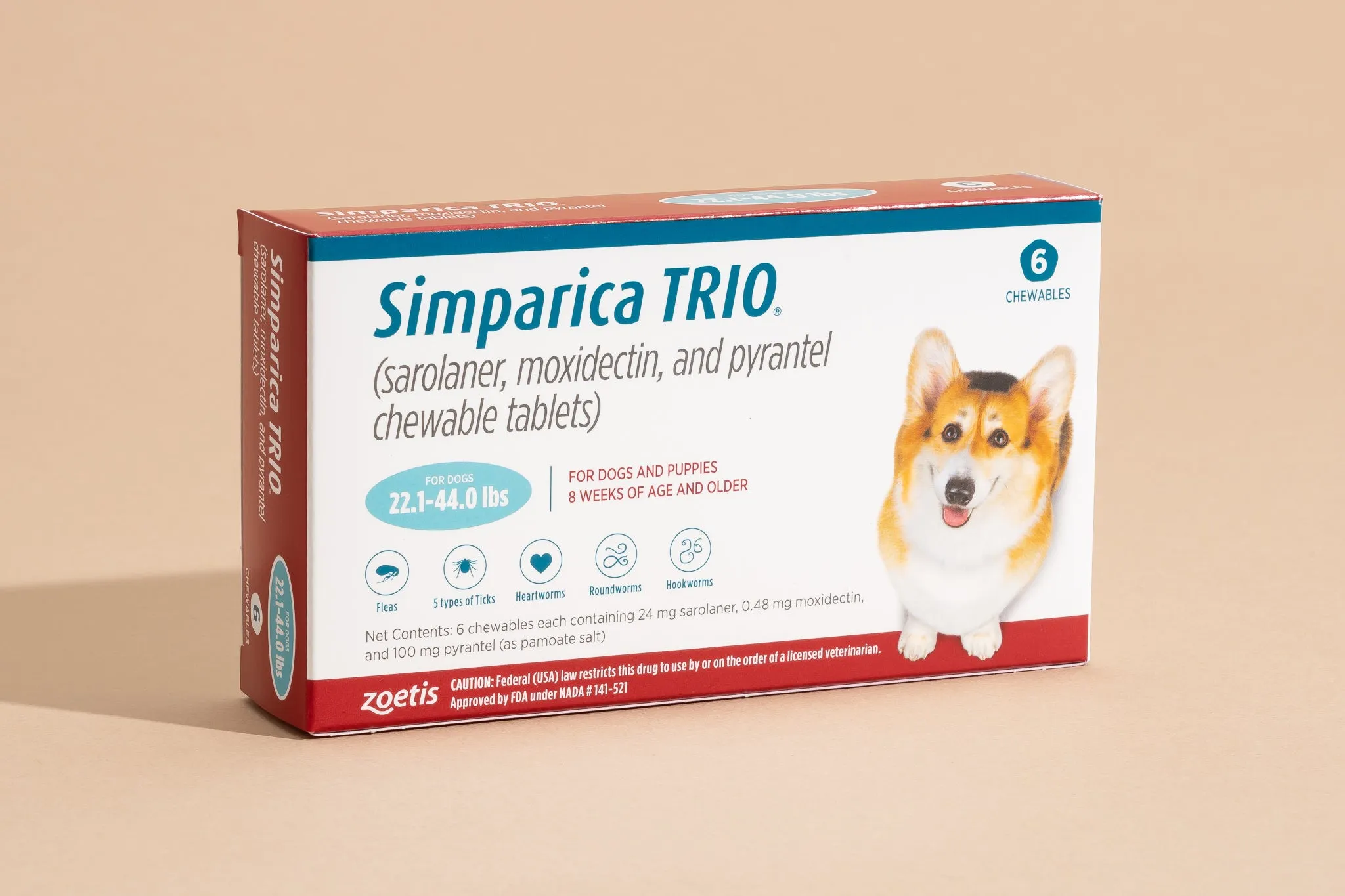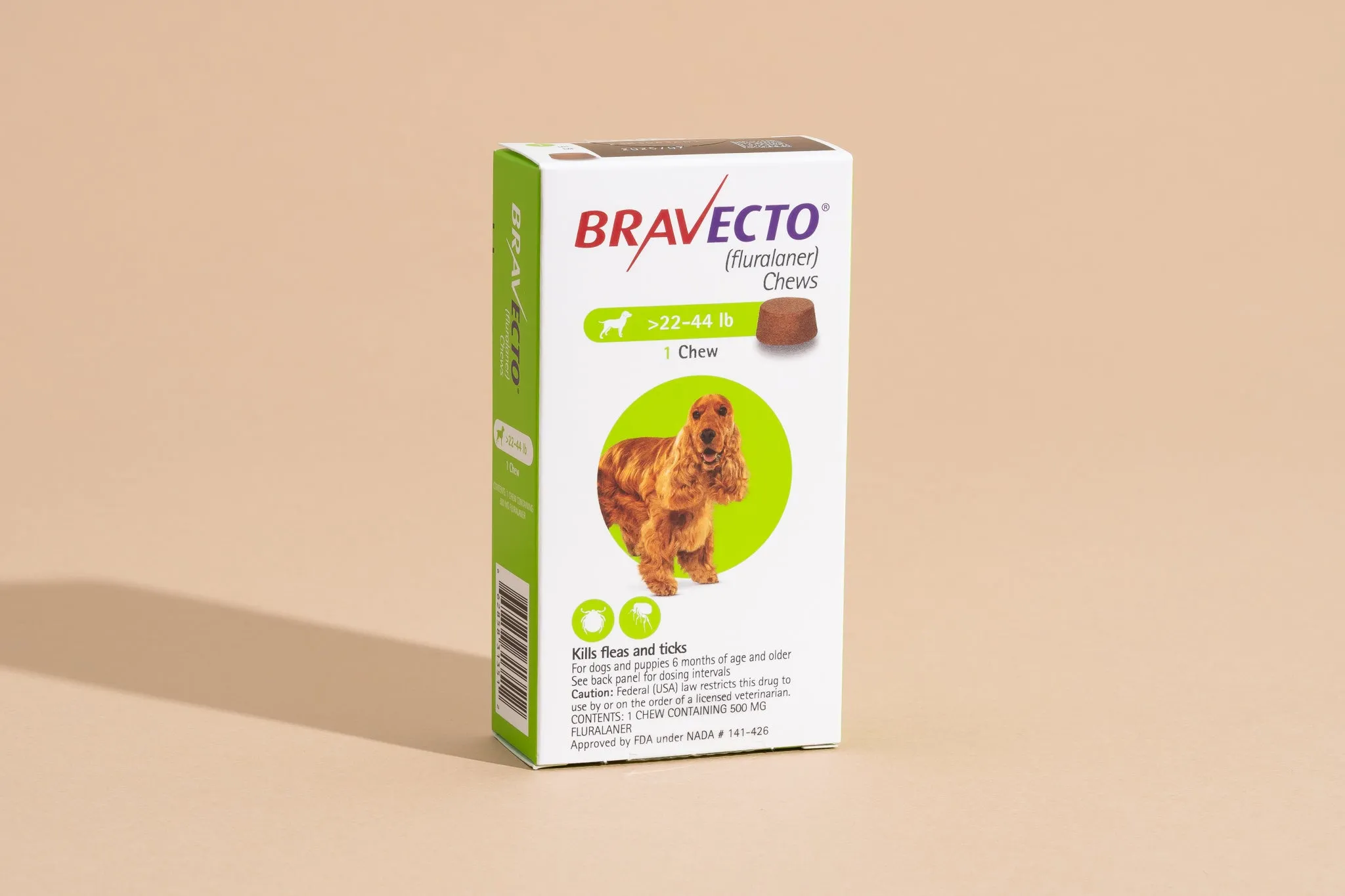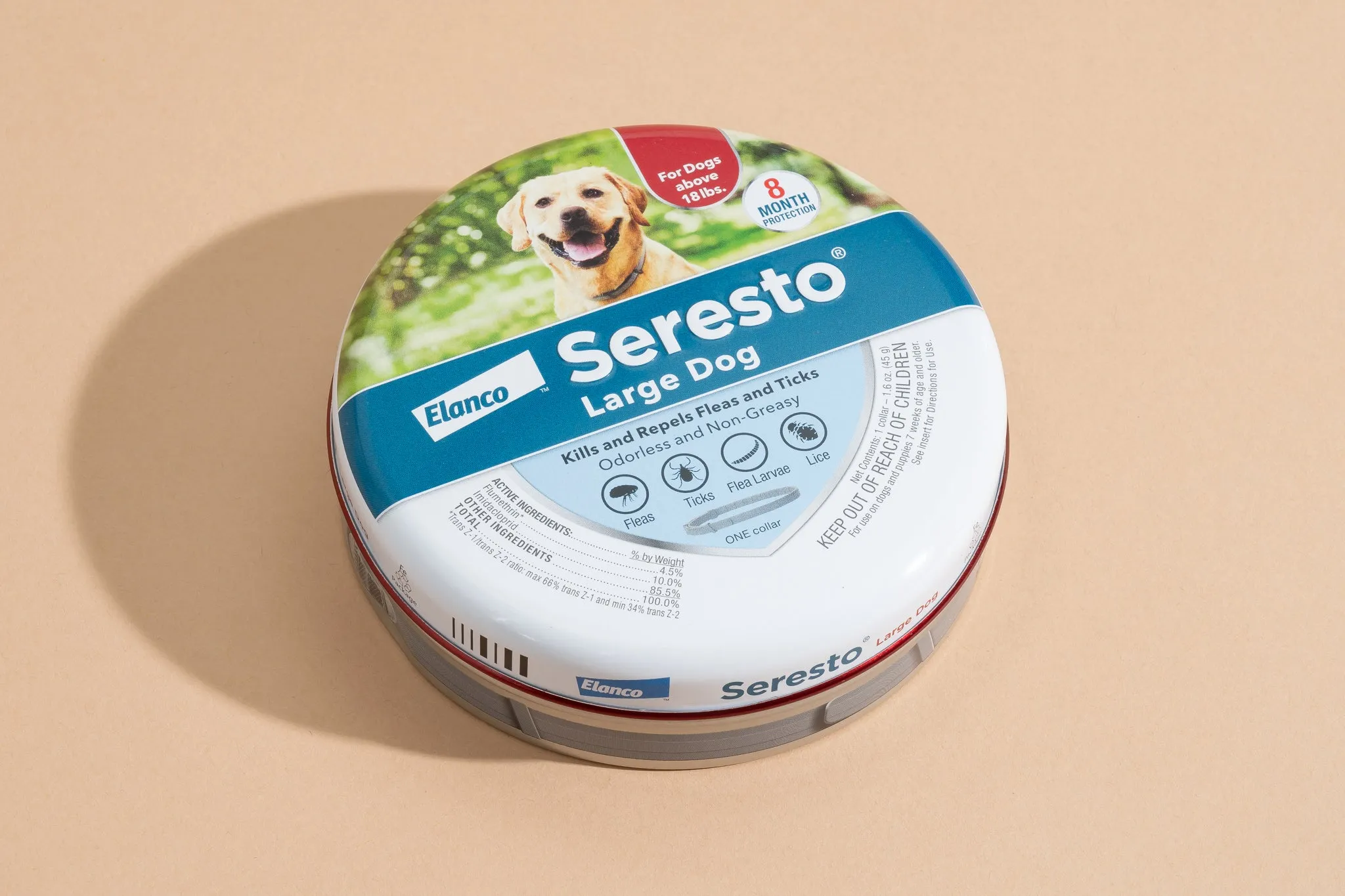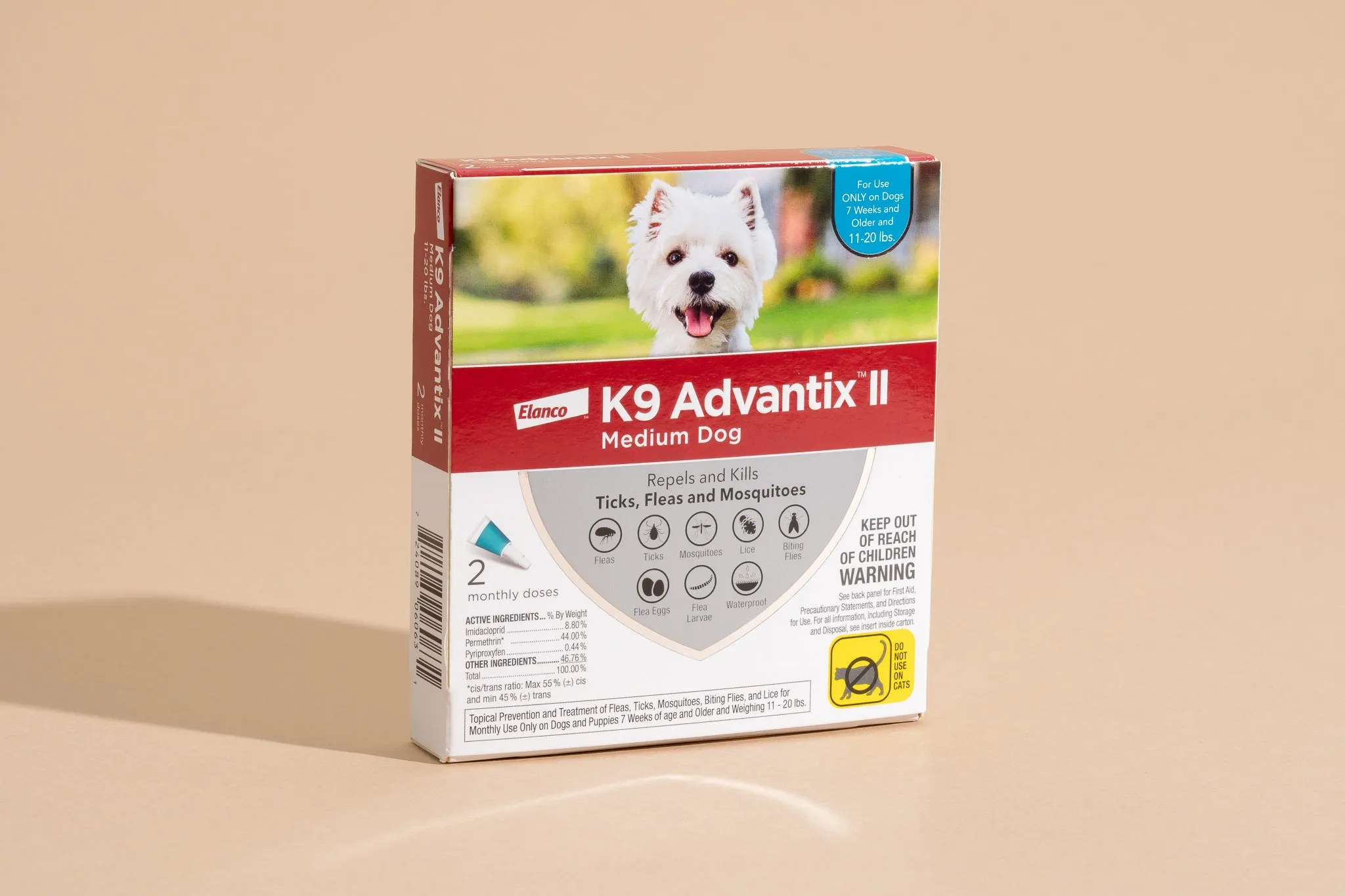Preventing parasitic infestations is a cornerstone of responsible dog ownership. Ensuring your furry companion is protected against fleas, ticks, and internal worms isn’t just about comfort; it’s crucial for their overall health and well-being. A proactive approach, often involving a monthly flea, tick, and worm treatment for dogs, is the most effective strategy to safeguard your dog from a multitude of health risks. This comprehensive guide delves into why these treatments are indispensable, what they cover, and how to choose the right option for your beloved pet.
Regular treatment is vital for your dog’s health. Fleas can cause intense itching, skin infections, and even anemia in severe cases. Ticks, on the other hand, are notorious vectors for serious diseases such as Lyme disease, Rocky Mountain spotted fever, and anaplasmosis. Internal parasites like roundworms and hookworms can lead to malnutrition, stunted growth, and significant gastrointestinal distress. By incorporating a monthly flea worm and tick treatment for dogs into your routine, you create a powerful barrier against these threats.
Understanding the Spectrum of Parasite Protection
Parasites affecting dogs come in various forms, and effective treatment often requires a multifaceted approach. While some products target only external pests like fleas and ticks, others offer a broader spectrum of protection, including internal worms and even heartworm prevention. Understanding what each treatment covers is key to making an informed decision.
Addressing External Parasites: Fleas and Ticks
Fleas are a common nuisance, causing discomfort and potential health issues. Ticks, while often less visible, pose a more significant threat due to the serious diseases they transmit.
- Fleas: These small, wingless insects feed on a dog’s blood, leading to itching, scratching, and potential allergic reactions (flea allergy dermatitis). Severe infestations can result in anemia, especially in puppies and smaller dogs. Regular treatment not only eliminates existing fleas but also breaks the flea life cycle, preventing re-infestation.
- Ticks: These arachnids attach to a dog’s skin and feed on blood, acting as carriers for numerous debilitating diseases. The types of ticks and the diseases they transmit can vary by geographic location. Common tick-borne illnesses include Lyme disease, ehrlichiosis, anaplasmosis, and Rocky Mountain spotted fever. Prompt and consistent tick prevention is paramount.
Combating Internal Parasites: Worms and Heartworms
Internal parasites are equally, if not more, dangerous. They inhabit the digestive tract or the heart and lungs, causing a range of symptoms from mild digestive upset to life-threatening conditions.
- Intestinal Worms: Common intestinal parasites include roundworms, hookworms, whipworms, and tapeworms. Symptoms can range from diarrhea, vomiting, and weight loss to a dull coat and lethargy. Puppies are particularly susceptible to severe complications from these parasites.
- Heartworms: Transmitted by infected mosquitoes, heartworms mature in the dog’s heart and pulmonary arteries, leading to severe lung disease, heart failure, and potentially death. Heartworm prevention is a critical component of preventative healthcare for dogs in most regions.
Top Monthly Flea, Tick, and Worm Treatment Options for Dogs
Choosing the right parasitic control can be overwhelming given the variety of products available. Veterinarians often recommend products that offer comprehensive protection. Here are some highly regarded options that provide broad-spectrum coverage:
Simparica Trio Chewable Tablets for Dogs: The All-in-One Solution
 A box of Simparica Trio Chewable Tablet for Dogs.
A box of Simparica Trio Chewable Tablet for Dogs.
Simparica Trio is a prescription-only, monthly chewable tablet that stands out for its comprehensive parasite protection. It tackles fleas, ticks, and a range of internal parasites, including heartworm, hookworm, and roundworm. This single, liver-flavored chew simplifies the treatment regimen, making it easier for owners to ensure their dogs are fully protected. It is suitable for puppies as young as eight weeks old and weighing at least 2.8 pounds.
The efficacy of Simparica Trio stems from its three active ingredients. Sarolaner, an isoxazoline compound, is highly effective at killing fleas and ticks. Moxidectin targets heartworm and certain intestinal parasites, while pyrantel pamoate further extends coverage to include adult and immature stages of hookworms and roundworms. This combination offers a broad spectrum of protection against a wide array of common and dangerous parasites. Simparica Trio effectively combats five types of ticks, including the rapidly expanding Gulf Coast tick, offering peace of mind to owners in affected regions.
The convenience of a single monthly dose that addresses so many parasitic threats makes Simparica Trio a leading choice for many veterinarians and pet owners. It is available in various weight ranges, ensuring accurate dosing for dogs of all sizes.
Bravecto Chew for Dogs: Long-Lasting Protection
 A box of Bravecto Chew for Dogs.
A box of Bravecto Chew for Dogs.
For pet owners seeking extended protection with less frequent administration, Bravecto Chew for Dogs is an excellent option. This oral treatment delivers 12 weeks of protection against fleas and ticks, significantly reducing the frequency of dosing compared to monthly treatments. It is particularly effective against the Asian longhorned tick, a concern for many dog owners.
Bravecto’s active ingredient, fluralaner, is an isoxazoline that kills fleas and ticks. It also aids in controlling flea infestations within homes by killing fleas before they can lay eggs. However, Bravecto does not treat or prevent heartworm or intestinal worm infections. Owners using Bravecto will need to supplement with separate products for internal parasite control.
The extended duration of Bravecto makes it a convenient choice, especially for busy households or for dogs that are difficult to medicate regularly. It is crucial to follow the dosing guidelines based on your dog’s weight to ensure optimal efficacy and safety.
Seresto Flea and Tick Collar for Dogs: Extended External Protection
 A tin containing a Seresto Flea and Tick Collar for Dogs.
A tin containing a Seresto Flea and Tick Collar for Dogs.
The Seresto Flea and Tick Collar offers an impressive eight months of protection against fleas and ticks, making it one of the longest-lasting external parasite treatments available. Unlike oral or topical treatments that are ingested or absorbed into the bloodstream, Seresto releases its active ingredients onto the dog’s skin and coat, killing and repelling pests upon contact. This means fleas and ticks don’t need to bite your dog to be affected, potentially reducing the transmission of tick-borne diseases that can spread quickly after attachment.
Seresto is effective against fleas, ticks, chewing lice, and sarcoptic mange. However, it does not offer protection against internal parasites like heartworm or intestinal worms, necessitating the use of separate preventative measures for these threats. For areas with high tick populations or during peak tick season, veterinarians may recommend using Seresto in conjunction with an isoxazoline-based treatment for an added layer of defense.
It’s important to note that while Seresto provides prolonged protection, some safety concerns have been raised regarding its release mechanism in the past. Always follow the manufacturer’s instructions for proper fitting and monitoring.
K9 Advantix II Flea and Tick Spot Treatment for Dogs: Topical Repellent Power
 A box of K9 Advantix II Flea and Tick Spot Treatment for Dogs.
A box of K9 Advantix II Flea and Tick Spot Treatment for Dogs.
K9 Advantix II is a monthly over-the-counter topical treatment that offers a cost-effective solution for flea and tick prevention. It kills and repels fleas, ticks, lice, biting flies, and mosquitoes. This topical application works on the surface of the skin and coat, meaning parasites are killed or repelled upon contact without needing to bite your dog. This is particularly beneficial for preventing the transmission of diseases that can be spread rapidly after a tick bite.
The combination of imidacloprid and permethrin in K9 Advantix II provides robust protection against a variety of external pests. Additionally, by repelling mosquitoes, it plays a role in reducing the risk of heartworm disease transmission, although it does not prevent heartworm directly as it doesn’t enter the bloodstream. Similar to other treatments focusing on external parasites, K9 Advantix II requires a separate regimen for internal parasite control.
A significant consideration for multi-pet households is that permethrin, an active ingredient in K9 Advantix II, is highly toxic to cats. Strict separation protocols are necessary for 24 hours after application if both dogs and cats reside in the home. Furthermore, this product is extremely toxic to aquatic life, necessitating careful disposal of the packaging.
Factors to Consider When Choosing a Monthly Treatment
Selecting the appropriate monthly flea tick and worm treatment for dogs involves evaluating several key factors to ensure it aligns with your dog’s specific needs and your lifestyle:
- Your Dog’s Age and Weight: Many treatments are formulated for specific age and weight ranges. It is crucial to select a product that accurately matches your dog’s current size and developmental stage. Puppies, in particular, require specialized formulations that are safe for their developing systems.
- Geographic Location and Local Parasite Prevalence: The types of parasites and the prevalence of tick-borne diseases vary significantly by region. Consult your veterinarian to understand the specific risks in your area. For instance, if heartworm is a significant concern, a treatment that includes heartworm prevention is essential.
- Prescription vs. Over-the-Counter (OTC): Some of the most comprehensive treatments, like Simparica Trio, are prescription-only and require veterinary authorization. OTC options, such as K9 Advantix II, are readily available but may offer less extensive parasite coverage.
- Ease of Administration: Consider your dog’s temperament and your own preferences. Some dogs readily take chewable tablets, while others may require topical applications or collars. The frequency of administration (monthly, every three months, etc.) also plays a role in convenience.
- Cost and Budget: The price of parasiticides can vary widely. While it’s important to find an effective treatment, also consider the long-term cost and how it fits into your budget. Purchasing multi-dose packs or checking for deals can sometimes offer savings.
- Potential Side Effects and Sensitivities: Like any medication, parasiticides can cause side effects in some animals. Discuss any known sensitivities or allergies your dog may have with your veterinarian. Always monitor your dog for any adverse reactions after administering treatment.
- Co-existing Pets: If you have multiple pets, especially cats, ensure the chosen treatment is safe for all members of your household. As noted with K9 Advantix II, some dog products can be harmful to felines.
The Importance of Veterinary Consultation
While this guide provides valuable information, consulting with your veterinarian remains the most critical step in establishing a robust parasite prevention plan for your dog. Veterinarians possess in-depth knowledge of local parasite risks, can assess your dog’s individual health status, and recommend the most appropriate and safest treatment regimen. They can also advise on the best tick treatment for dogs or if a flea tick mosquito treatment for dogs is most suitable.
Your vet can guide you on whether over the counter flea and tick pills for dogs are sufficient or if a prescription is necessary, and can explain the benefits of best topical flea tick treatment for dogs. They will also help you understand the nuances between different active ingredients and their effectiveness against specific parasites. A veterinarian’s guidance ensures your dog receives comprehensive protection tailored to their unique needs, contributing to a longer, healthier, and happier life.
Regular, consistent application of the recommended monthly flea, tick, and worm treatment is not merely a chore; it’s an essential act of love and responsibility that safeguards your canine companion from a host of preventable health issues.
